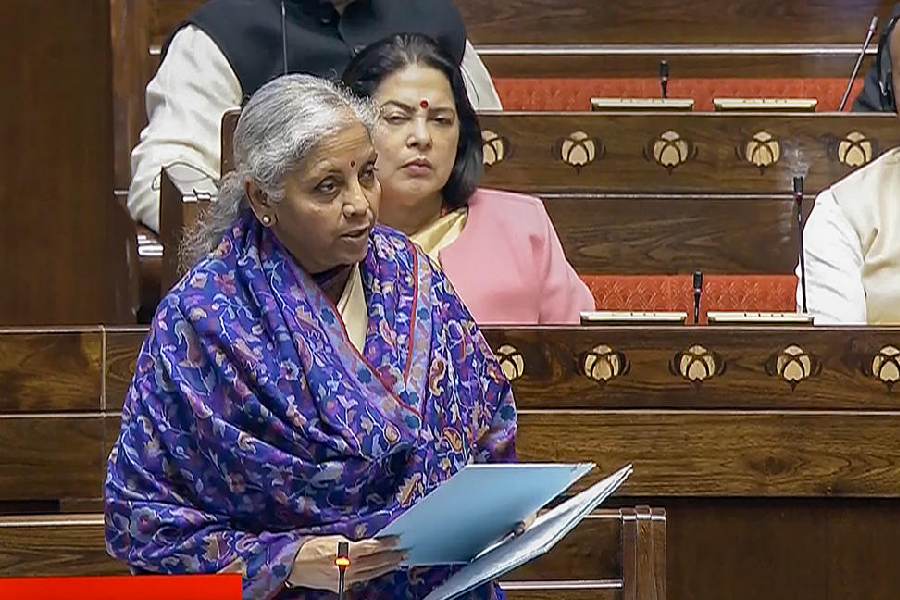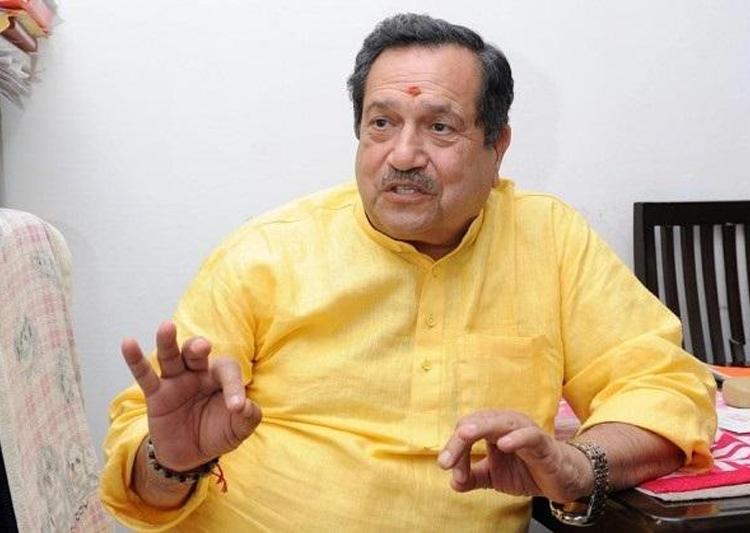Finance Minister Sitharaman tables ‘white paper’ on Indian economy in Lok Sabha

New Delhi: Finance Minister Nirmala Sitharaman presented a ‘White Paper on the Indian Economy’ in the Lok Sabha on Thursday in a bid to highlight the government’s assertion that the nation slipped into the category of “fragile five” economies globally during the 10-year tenure of the previous Congress-led UPA regime between 2004 and 2014.
According to the government’s white paper, the Indian economy “was in crisis” in 2014, and releasing a white paper at that time would have potentially contributed to a “negative narrative” and “shaken confidence of investors.”
The White Paper claims that the NDA government, benefiting from political and policy stability, “took tough decisions” aimed at achieving “greater economic good,” unlike its preceding UPA administration.
The government’s paper claimed that the UPA government had “failed miserably” to facilitate economic activities and instead “created hurdles” that held back the economy.
It added that the NDA government undertook bold reforms and built a sturdy superstructure rather than employing quick fixes, adding: “Every challenge of the pre-2014 era was overcome through the NDA government’s economic management and governance.”
Further, the paper claimed: “The UPA government’s decade of governance was marked by policy misadventures and scams such as non-transparent auction of public resources (coal and telecom spectrum), the spectre of retrospective taxation, unsustainable demand stimulus and ill-targeted subsidies and reckless lending by the banking sector with undertones of favouritism, etc. The 2G spectrum scam involving 122 telecom licences that had sliced Rs 1.76 lakh crore off the exchequer as per the estimates of the Comptroller and Auditor General (CAG), the coal gate scam costing Rs 1.86 lakh crore to the exchequer, the Common Wealth Games (CWG) scam, etc., indicated an environment of heightened political uncertainty and reflected poorly on India’s image as an investment destination.”
The white paper read, “The coal scam shook the conscience of the nation in 2014. Before 2014, the allocation of coal blocks was done on an arbitrary basis without following a transparent process to allocate the blocks. The coal sector was excluded from competition and transparency and the sector lacked investments and efficiencies. These actions were scrutinised by investigation agencies, and in 2014, the Honourable Supreme Court of India cancelled the allocation of 204 coal mines and blocks allocated since 1993.”
According to the ‘white paper’, decision-making during the UPA government “came to a standstill due to corruption and scandals in defence, compromising defence preparedness.” The paper also claimed that the acquisition of artillery, anti-aircraft guns, fighter jets, submarines, night fighting gear, and various equipment upgrades was delayed by the government.




